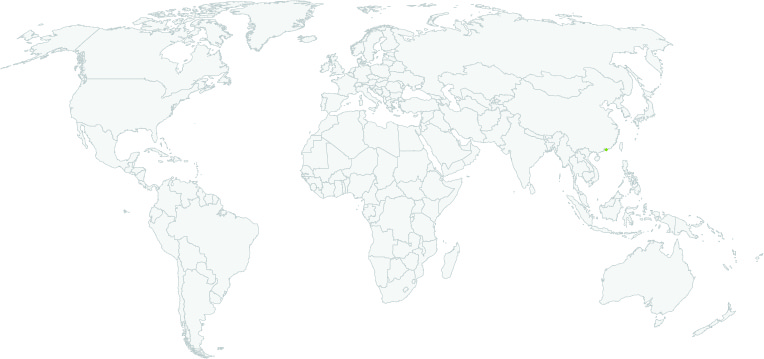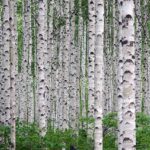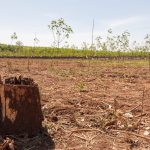
In 2024, FSC and Assurance Services International (ASI) launched a transaction verification (TV) loop on FSC-certified birch wood panels in China and Europe. The preliminary results from the first phase of the TV loop – data collection and analysis – reveal a number of integrity risks in certified birch wood panel supply chains. The risks will be evaluated in the next stages of the investigation. The TV loop captured 3,436 transactions that took place in 2023, as reported by 665 certificate holders with physical possession of certified material from 18 countries in the Eurasian region. They are Bosnia and Herzegovina, Bulgaria, China (including Hong Kong), Latvia, Romania, Slovakia, Croatia, the Czech Republic, Estonia, Georgia, Greece, Hungary, Lithuania, Moldova, Poland, Slovenia, Serbia, and Ukraine.
Some of the key findings and the integrity risks they pose to certified birch wood panel supply chains are:
- Around 74 % of the certificate holders reported zero transactions (no purchases or sales) of birch products, many of which were from China. This is indicative of a potential risk because there are multiple stakeholder reports alleging a large supply of birch products originating in China.
- Concerning cases of potential volume mismatch: some certificate holders reported purchases while their suppliers reported zero sales. Additionally, some certificate holders declared the purchase or sale of specific (‘zero transaction’) Betula species that were not within the suppliers’ certificate scope or geographic region.
- A large volume of birch logs purchased from Ukrainian forests may potentially originate from the conflict area. In light of the current suspension of the FSC certificates in specified conflict zones, the reported volume of domestic purchases from Ukrainian forest management units and the volume of wood panels exported from Ukraine are a cause for concern.
- None of the certificate holders participating in this TV loop declared any purchase or sale of birch from Russia within the scope of their FSC certification. However, potential mismatches between the volume of wood purchased and sold through the supply chain may be a result of non-certified wood (including that from Russia) entering the certified supply chains.
A year-long Mongabay investigation shows that one of Cambodia’s most notorious logging companies likely illegally exported rare tree species to Vietnam and China for years.
Mongabay found evidence Angkor Plywood has been illegally logging timber from protected areas and violating various laws by exporting sawn logs — and doing all this with impunity, in part thanks to its well-connected founders.
Shipping records from 2021-2023 show Angkor Plywood exported a type of timber coveted in the furniture trade from a species it should never have been allowed to log or trade, according to a government source.
Supply chain data – obtained by non-profit organisation Repórter Brasil – reveals that at least four businesses in the city have imported beef products from farms that have been fined US$5 million for illegal deforestation through a process known as “cattle laundering,” where cows raised at illicit locations are transported to those with a clean record.
In 2022, Hong Kong imported US$253.65 million worth of frozen, edible beef offal and animal guts, bladders and stomachs from Brazil – or 48% of the country’s exports of those products. Some of this product likely then enters China via Hong Kong, potentially smuggled. In 2019, Greenpeace found that nearly a third of Hong Kong’s beef came from ranches located in deforested areas of the Amazon rainforest.
Hong Kong’s Centre for Food Safety indicates that “Hygienic and humane slaughtering / handling / processing / production / storage and transport should also be observed,” but did not elaborate on how these were assessed.
Organised and Serious Crime Ordinance amended in 2021 to cover certain wildlife trafficking-related crimes but has yet to be used for prosecutions, experts say.
Part of problem is customs and police hand cases over to conservation department, which does not have power to invoke it
With the passing of this legislation, the government can increase its investigative and enforcement power to further combat illegal wildlife trade.
Click here to access the Global Illegal Logging and Associated Trade (ILAT) Risk assessment tool and to download the Forest Trends User Guide describing the functionality of the ILAT Risk Data Tool.
Click here to access the Cattle Data Tool.





